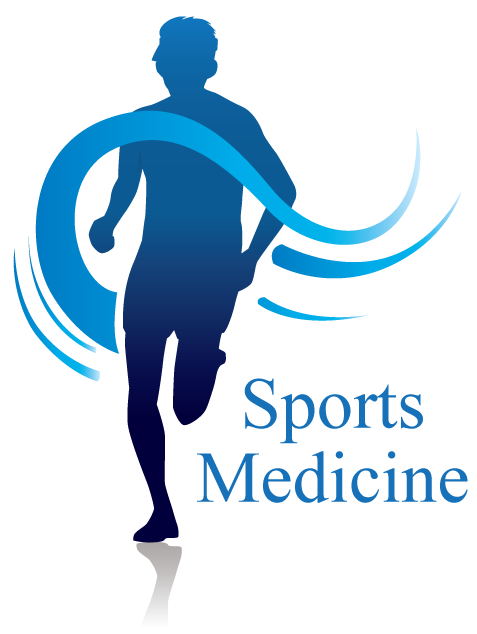Don’t Ignore Your Intuition

There are several reasons why athletes may not get their Sports Hernia taken care of as soon as the injury happens or is suspected. For one, they may not actually realize they have one. They may think they’ve strained a muscle, pinched a nerve, torn a ligament, or sprained something, and they may think that the problem will just repair itself. Sports Hernias can mimic the pain of other problems, so ignoring the pain for a while is common among our patients.
Another reason Sports Hernias go untreated is because athletes aren’t familiar with what it is or how seriously it can affect their performance when playing. They may just feel an unfamiliar pain, and hope it will eventually go away.
Sometimes Sports Hernias aren’t properly treated because they’re misdiagnosed. Sports Hernias are still “new news” to some people—even some doctors—and as a result, they often get labeled as something else. Doctors have misdiagnosed Sports Hernias as irritable bowel syndrome, other types of hernias, a pulled groin, prostatitis, and even old age. This is why it’s very important to get a second opinion if you think you may have a Sports Hernia, but the first doctor you visit says otherwise. Many doctors don’t know how to properly check for them, so you’ll need to see an experienced Sports Hernia specialist like Dr. William Brown in Fremont, California, who has been working with athletes with Sports Hernias for nearly two decades.
If a Sports Hernia is ignored or isn’t correctly treated, the pain will only get worse—and it will continue to prevent you from playing the sport that you love.
While the pain from a Sports Hernia can sometimes be temporarily relieved by resting or taking a break from playing, it will always return if you don’t tackle the problem at its root (or tear in this case). This pain will progressively worsen if the injury is left to repair itself. Without proper Sports Hernia treatment that is guided by a specialist, a Sports Hernia injury will not heal easily or quickly, and could possibly cause life-long damage that hurts your ability to play to your fullest.
An individual may think that a Sports Hernia will go away on its own, or think that treatment will be too painful or expensive. No excuses. Do not ignore sharp pains. You’re putting your sports career in jeopardy.
To avoid suffering from more serious symptoms, seek a diagnosis and treatment immediately. If you’re an athlete or active individual who is experiencing a sharp, shooting pain around your lower groin area, thigh, or testicles (in men) and the pain gets worse when you play, do not procrastinate. It is very important for you to get a professional diagnosis to determine if you have a Sports Hernia.
